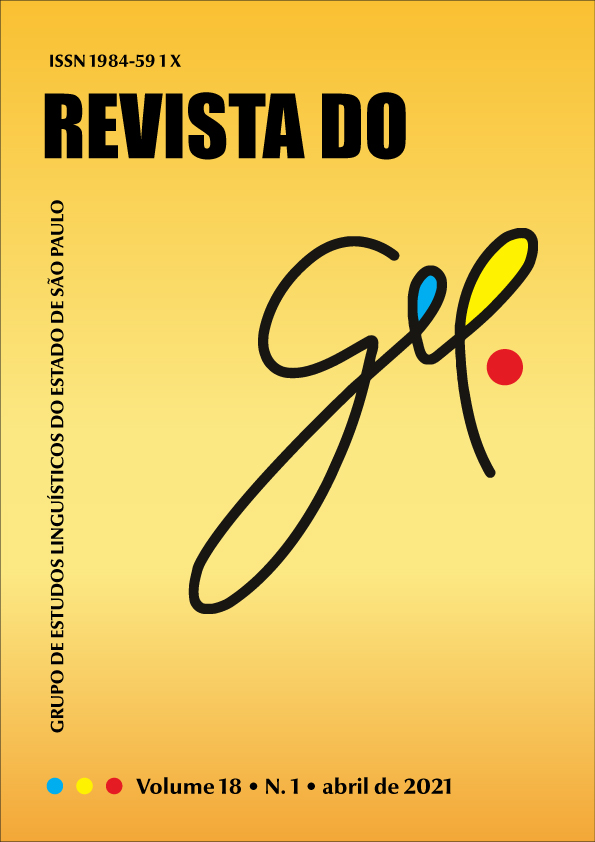FORMS OF ADDRESS AMONG LAW STUDENTS IN 19TH CENTURY SÃO PAULO: SYMMETRICAL RELATIONSHIPS
DOI:
https://doi.org/10.21165/gel.v18i1.2956Parole chiave:
Stylistic use. Social behaviour. Linguistic variation. Forms of treatment.Abstract
This paper, which traces the forms of address within the point of view of the socio-historical analysis of language, is based on the theory of language socialization (OCHS, 1996) and the theory of the interpretation of cultures (GEERTZ, 2011), and is inspired by the approach of communities of practice (ECKERT, 2000). The theories defend that the apprehension of any meaning assigned by a particular group depends on a dense description that provides an understanding of the web of meanings in which the subjects are immersed. Methodologically, it is based on the framework of the dimensions of power (BROWN; GILMAN, 1960), on the evidential paradigm (GINZBURG, 1989), and the proposal for the comparison on the grand scale developed by Elias (2001). The interpretative analysis of the forms of address allowed the separation of linguistic indicators from the uses that expressed sensitivities, correlating language and socio-cultural structure. The analysis shows that você is used to express aggressive behavior and fit of rage; você, in Bakhtinian view of carnival (BAKHTIN, 1987), sets the low in the place of the high in the address scale.
Downloads
Downloads
Pubblicato
Come citare
Fascicolo
Sezione
Licenza
Esta revista oferece acesso livre imediato ao seu conteúdo, seguindo o princípio de que disponibilizar gratuitamente o conhecimento científico ao público proporciona maior democratização mundial do conhecimento.
A REVISTA DO GEL não cobra taxa de submissão ou de editoração de artigos (articles processing charges – APC).
Os critérios gerais de direitos autorais da REVISTA DO GEL estão dispostos no termo de direitos autorais que cada autor aceita ao submeter seu trabalho no periódico. Como regra geral o periódico utiliza as regras CC BY-NC da Creative Commons (regra disponível em: https://creativecommons.org/licenses/by-nc/4.0/legalcode)



